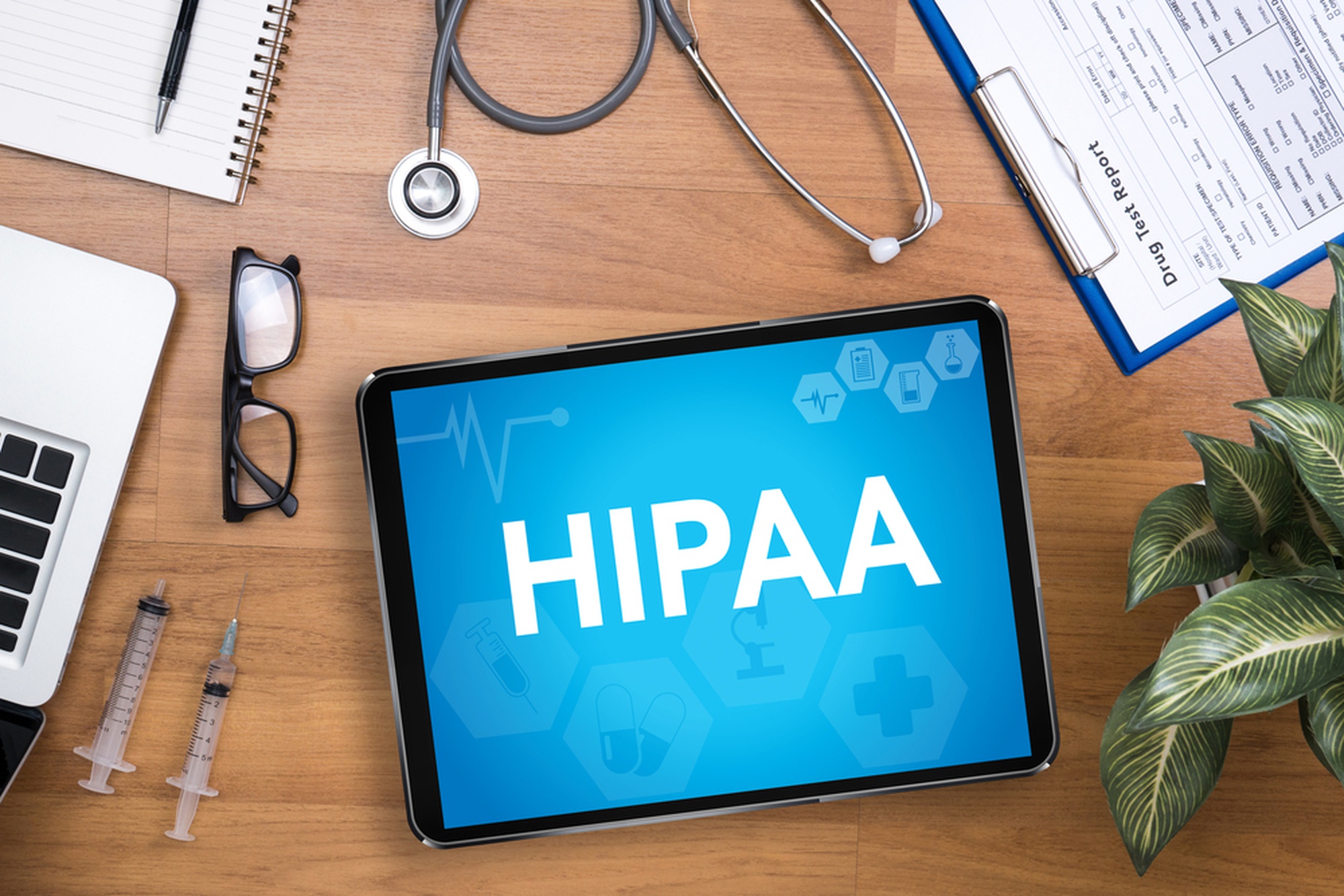HIPAA rules are a must for every healthcare professional. The law provides patients with more privacy protections and aids to keep their data secure. With technology evolving at a rapid pace, it’s crucial to ensure that every new system you implement is in compliance with the rules set forth by HIPAA.

HIPAA compliance is a tangled procedure for organizations that are still trying to understand the law and its implications. HIPAA compliance must be achieved by all healthcare organizations as well as individuals working who work in the insurance industry. To make sure compliance is met, it’s essential to study the regulations and ensure that all procedures are in place. While it can be an overwhelming task, ensuring that you follow the law is vital. It will result in better service and data security, which means lower fines. By knowing the scope of HIPAA covers and undertaking the steps needed, companies can be certain that they’re taking all the correct measures that are required by its rules.
HIPAA regulations can be very strict. However, the right security and privacy practices are intended to secure the most valuable of all belongings: information. To ensure that there is no illegal or inappropriate disclosure of patients’ private information, greater protections have been required as the healthcare industry is moving to electronic records such as Electronic Medical Records (EMR). Even though guidelines have been formulated to safeguard individuals, they must still be adhered to and implemented. HIPAA is vigilant about these matters to ensure privacy and security.
HIPAA is a crucial security feature for medical fields and patients whose records are maintained. It allows covered entities (CEs) and business associates (BAs) the capacity to choose whether or not to make use of addressable implementation specifications. The decision may be based on many aspects, such as an assessment of risks, mitigation strategies, and current security measures. The decision is also dependent on the cost of implementation. CES and BAS may think about alternative measures or choose to ignore the measures completely in the event of their specific circumstances. HIPAA aids them in making informed decisions regarding data security and protection, thereby establishing the right balance between technological security measures and user control.
Businesses can benefit from HIPAA compliance. Businesses can guarantee the privacy and security of the health information of customers, patients, and clients, by adhering to the regulations of the Health Insurance Portability and Accountability Act. Compliance ensures that patient’s medical information is only used for their personal benefit and those of their healthcare providers. HIPAA compliance permits patients as well as healthcare providers to make an informed decision about how personal health information is handled and handled. They also can rest confident that the data will not be accessed or modified by any third party without their approval. Additionally, HIPAA compliance mitigates reputational risk for organizations by helping the organization avoid financial or legal ramifications resulting from mishandling the personal information of patients due to the lack of security measures. HIPAA compliance is essential to ensure positive patient experiences as well as better protection of sensitive medical records.
These are only a few of the many considerations you should take into consideration when implementing HIPAA. To ensure compliance it is important to know the basics of the laws. Additionally, you should consult an expert who can help define the law and set up the procedures and systems. It isn’t easy to ensure compliance however it is essential for protecting the rights of your patients and protecting their personal medical information.
For more information, click subtitle of hitech
